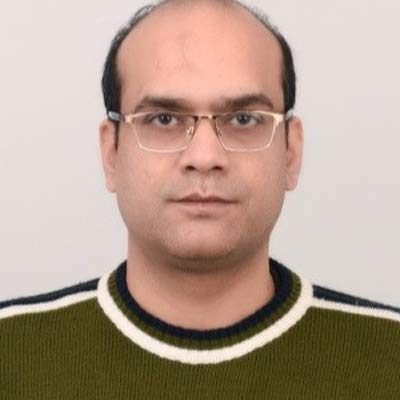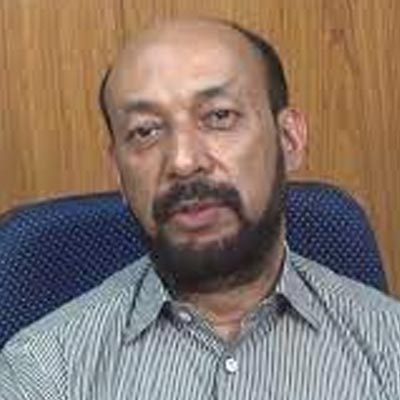
LOCALITY DEVELOPMENT COMPACTS
SESSION VIDEO
SESSION OUTLINE
The elite panel discussed a contemporary yet ancient and fundamental problem in the development sector throughout the session. The panellists deliberated the strategies to achieve dynamic and social development at the local level. The practitioners educated the audience about the fundamental need for changing local economic and social interactions.
During the discussion, some of the crucial guiding questions included how to collectivise people to talk about their aspirations and find their space in the planning process. The session analysed ways to make the Gram Panchayat Development Plan (GPDP) process more participatory. The panellists deliberated the actions that can be done by the community themselves and the issues for which they are entirely dependent on the government. Many plans made at local levels are micromanaged, but what are the methods to increase people’s initiatives? Instead of external representatives, community members should come forward and voice their needs. How do we make them ‘champions’ of their voices? The session elucidated the misconception about the lack of funds but focused on the market and utility of the fund.
PANEL
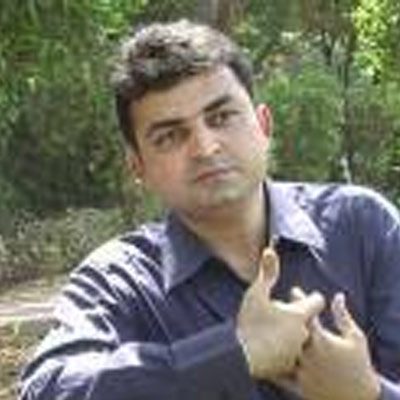
Zulfiquar Haider
Chief Strategy & Program Officer Azim Premji Foundation
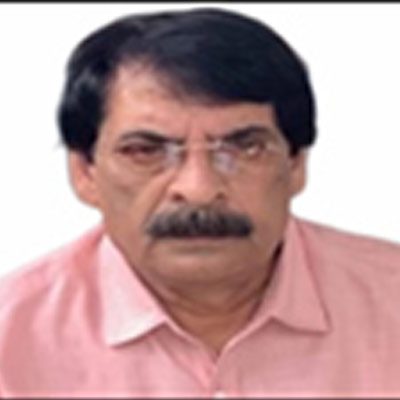
Harsh Singh
Program Advisor, UNDP Director- Markets Solution to Inclusion
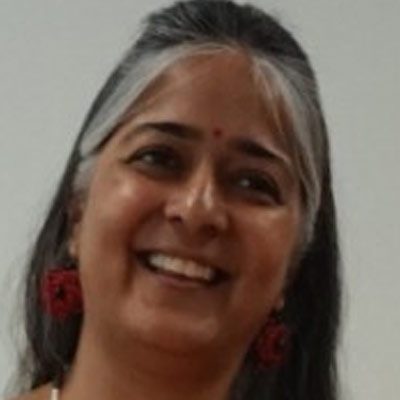
Medha Gandhi
Country Lead, Family Planning Policy Bill & Melinda Gates Foundation

Michael Walton
Senior Lecturer, Public Policy Harvard Kennedy School
SESSION TAKEAWAYS
IMPLEMENTATION CHALLENGES
Historically, administrative functioning has been a significant challenge for development practitioners. Centralisation of resources, planning and decision-making pave the way for substantial mass marginalisation. In addition, there is a dearth of accountability of all the functionaries to the people resulting in inefficiencies. Apart from administrative challenges, the skilling of young rural men and women continue to be an arduous task. Slowly, despite our diversity, systems are moving towards decentralisation to serve the value chain and community services in rural areas.
COLLECTIVE CITIZENSHIP & DEEPENING DEMOCRACY
In a state of marginalization, local representatives are the custodians to voice the community’s concerns. The role of civil society organisations is to collectivise people to talk about their aspirations. The pilot compact ( community collectives- elected representatives- administration) process at the local level records the progress, the challenges, and the way forward for such collective voices & deepening democracy.
CONVERGENCE FOR TRANSPARENCY
It is imperative to engage and create synergy between Panchayati Raj Institutions (PRIs) and community- based organisations. A robust compact between state bureaucracy and political leadership is also much required for strengthening PRIs. Continuous emphasis on upward accountability will only come through democratic processes. Encouragement of “Rurban” habitats is a package approach that focuses on access to assets and human development resources. The participatory processes accelerate the multidimensional change needed for rural transformation.
"There cannot be a substitute for an accountable and effective state. You sometimes find a good bureaucrat push for a good thing, but then the leadership changes and the pressure is off. How do we create more accountability?”
- ZULFIQUAR HAIDER
"We need to allow local bodies the space to understand what fund location is for and be able to experiment with it. If they have the ability to experiment and localize, they would be able to customize it. We need to instill the need for learning from failures."
- MEDHA GANDHI
"Strengthening the asset base at the very local level is extremely critical. We can proactively channelize the natural energy at the habitat, local level."
- HARSH SINGH
